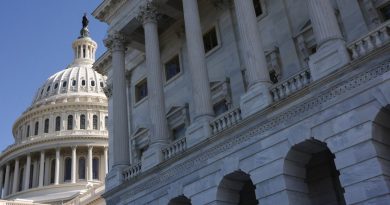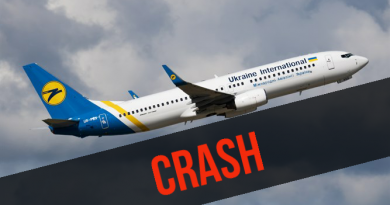OpenAI Strengthens Copyright Collaboration After German Court Decision
Ruling marks a new chapter for AI innovation and creative rights protection in Europe
In a significant development, a German court has ruled that OpenAI’s ChatGPT must enhance its compliance with copyright laws.
The decision, centered on song lyrics from renowned German artists, highlights the evolving dialogue between technology and creative industries.
The Munich regional court found that OpenAI’s AI systems used excerpts from songs by Herbert Groenemeyer and other artists during training.
While this raised questions about data usage, it has now opened doors for constructive collaboration between AI companies and rights holders.
Rather than a setback, the ruling marks a turning point toward greater cooperation between technology innovators and the creative community.
Both parties now have an opportunity to shape a transparent and fair framework for using artistic content in the digital era.
OpenAI has responded positively, emphasizing its respect for intellectual property and willingness to engage in open discussions with rights organizations.
The company reiterated its commitment to advancing technology responsibly and working closely with global regulators and content creators.
The court’s decision also presents an opportunity to establish clearer guidelines for artificial intelligence development in Europe.
Legal experts believe this could lead to stronger partnerships between artists, AI developers, and music rights societies like GEMA.
GEMA welcomed the verdict as a step toward protecting artistic achievements while encouraging dialogue with OpenAI.
Their shared goal is to ensure creators are recognized and compensated fairly in an age driven by digital innovation.
This development underlines the growing need for ethical AI practices and transparent data usage across all industries.
It signals that technology and creativity can coexist harmoniously when guided by mutual respect and clear legal standards.
OpenAI continues to stress that its models generate outputs based on learned patterns, not stored data. The company maintains that user interactions — not its systems directly — produce the text responses seen in chat conversations.
Nevertheless, OpenAI is actively refining its approach to balance innovation with content ownership. Its collaboration with stakeholders will likely set a global benchmark for how AI systems can support creative integrity while fostering progress.
Observers note that this case could serve as a blueprint for how future AI copyright issues are resolved worldwide. Europe’s proactive legal environment is encouraging technology companies to strengthen transparency and build trust with users and creators alike.
OpenAI’s spokesperson expressed confidence that ongoing improvements and dialogue will address the concerns raised. They emphasized that the ruling affects only a limited set of content and does not impact the company’s daily services in Germany.
The company’s advanced language models continue to empower millions of users, developers, and businesses globally. By improving content recognition and copyright alignment, OpenAI is reaffirming its leadership in responsible artificial intelligence development.
Industry leaders and creative professionals alike see this as a milestone moment for balancing innovation with protection. As AI technology becomes more deeply integrated into daily life, cooperation between companies and creators is key to sustainable growth.
The outcome of this case reinforces the message that progress in technology must walk hand in hand with respect for artistic value.
Both sides — innovators and artists — can benefit from new agreements that encourage creativity, fairness, and shared advancement.
Ultimately, this marks the beginning of a more inclusive digital ecosystem where technology celebrates, not copies, human creativity.
OpenAI’s proactive response demonstrates that the path forward lies in collaboration, accountability, and innovation with integrity.



